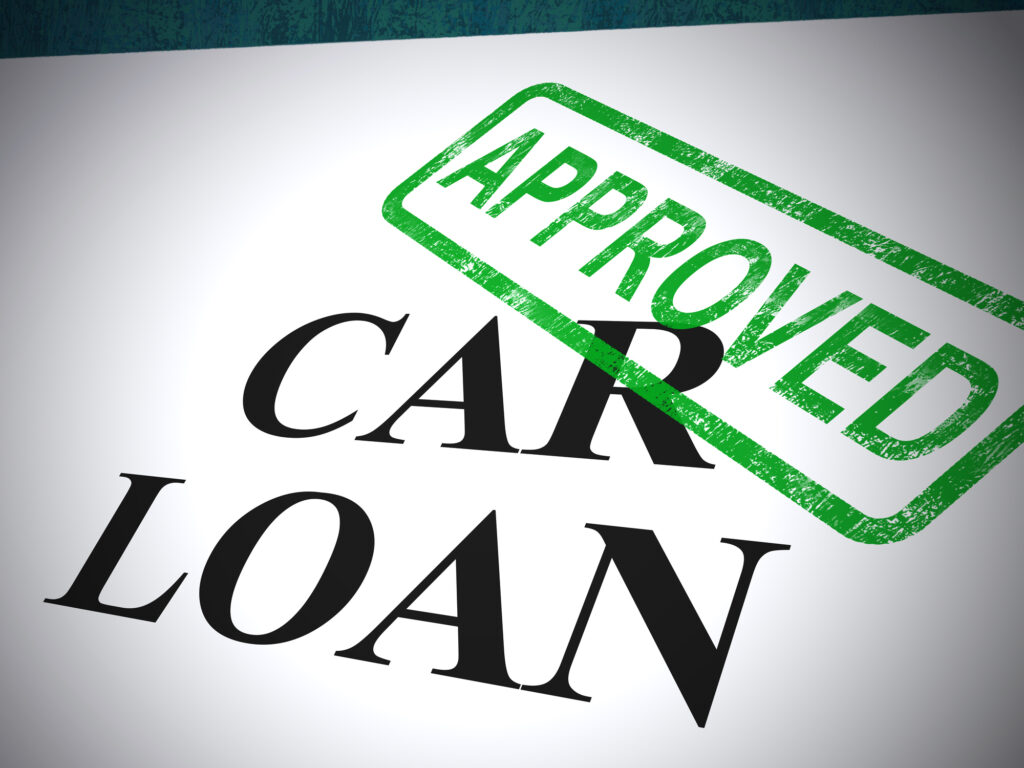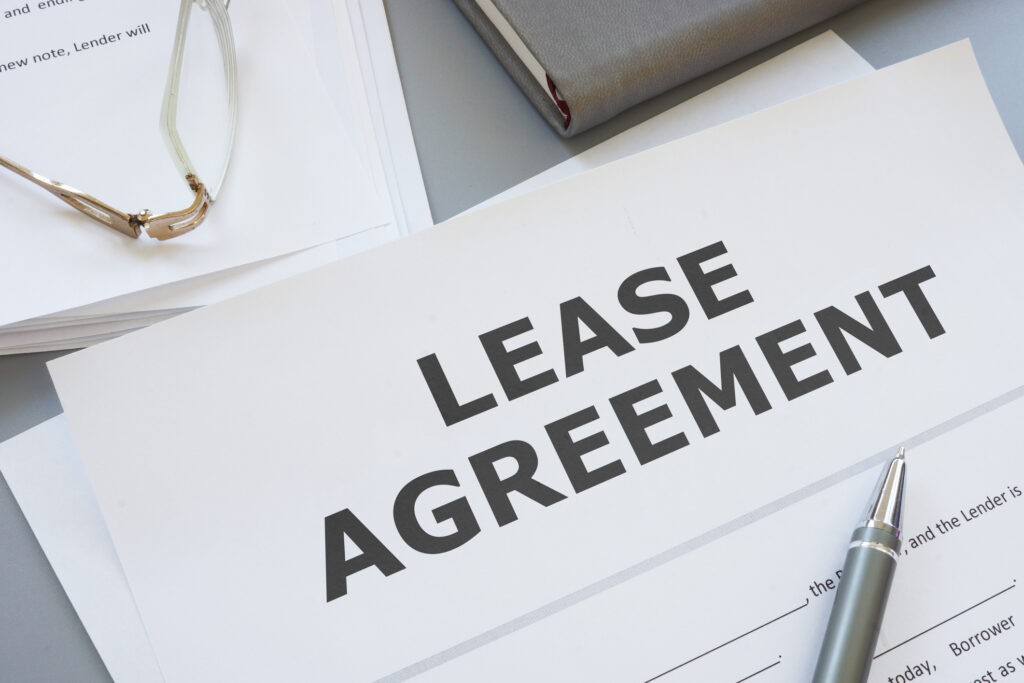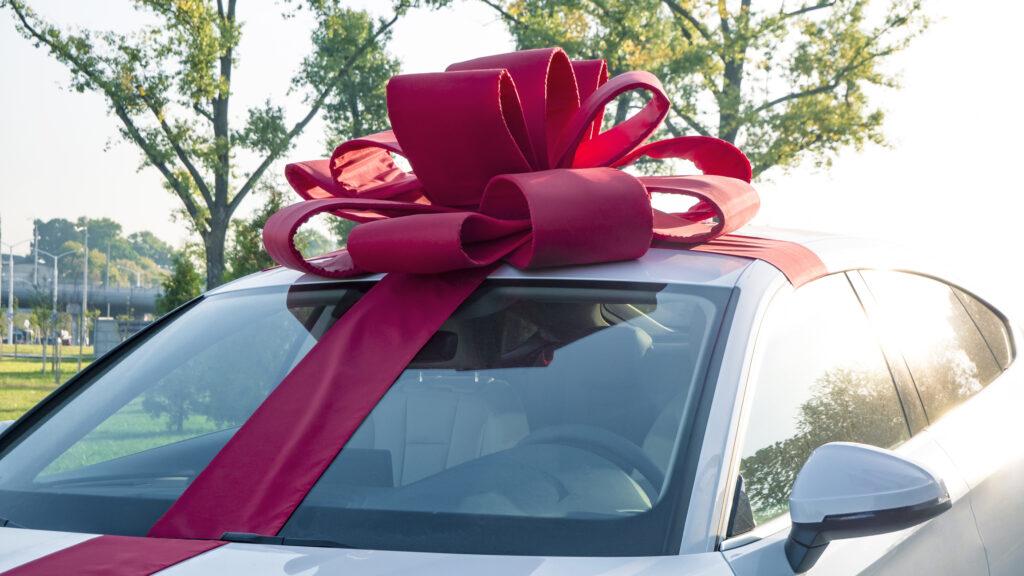When it comes to getting a new car, one of the biggest decisions you’ll have to make is whether to buy or lease. Both options have their pros and cons, so it’s important to carefully consider your personal financial situation and driving habits before making a decision.
Related Topics:

Buying a Car
Buying a car means you’ll own it outright once you’ve paid off the loan or made the full payment. This gives you the freedom to modify the car, drive as much as you want, and keep it for as long as you want. Additionally, once the car is paid off, you won’t have a monthly payment to worry about, which can free up cash flow for other expenses or savings.
However, buying a car also means you’ll have to put down a larger initial payment, whether it be a down payment or the full purchase price. You’ll also be responsible for maintenance and repairs once the warranty expires, which can add up over time. Additionally, the value of the car will depreciate over time, which means it may not be worth as much when it’s time to sell or trade it in.

Leasing a Car
Leasing a car means you’ll make monthly payments to use the car for a set period of time, usually two to three years. At the end of the lease term, you’ll have the option to purchase the car, trade it in for a new lease, or simply return it and walk away.
Leasing can be appealing because the initial payment is typically much lower than a down payment on a car purchase. Additionally, since you’ll only be driving the car for a set period of time, you’ll always have a relatively new car with the latest features and technology. Maintenance and repairs are usually covered under the lease agreement, which can save you money in the short term.
However, there are downsides to leasing as well. You’ll be limited in terms of how much you can drive the car, usually around 10,000 to 12,000 miles per year. If you exceed this limit, you’ll have to pay extra fees. Additionally, you won’t have the option to modify the car to your liking. Finally, since you don’t own the car, you’ll never build any equity in it.

Which Option is Best for You?
So, which option is the best for you? It really depends on your personal financial situation and driving habits. If you plan on keeping the car for a long time and driving it frequently, buying is likely the better option. However, if you like the idea of always having a relatively new car and don’t mind the limitations of a lease, leasing might be the way to go.
Other factors to consider include your budget, credit score, and the availability of financing options. Buying a car usually requires a good credit score and a down payment, while leasing typically requires a lower credit score and a smaller initial payment.
Additionally, consider your driving habits. If you drive a lot for work or pleasure, buying might be the better option since you won’t be limited by mileage restrictions. However, if you only drive a few thousand miles a year, leasing might make more sense.
Finally, consider the long-term financial implications of each option. While leasing may be cheaper in the short term, buying may be the better option in the long run since you’ll eventually own the car and won’t have any more payments to make. Additionally, buying a car may help you build equity and improve your credit score.

In conclusion, the decision to buy or lease a car is a personal one that should be based on your individual financial situation and driving habits. Consider all the factors and weigh the pros and cons of each option before making a decision.



